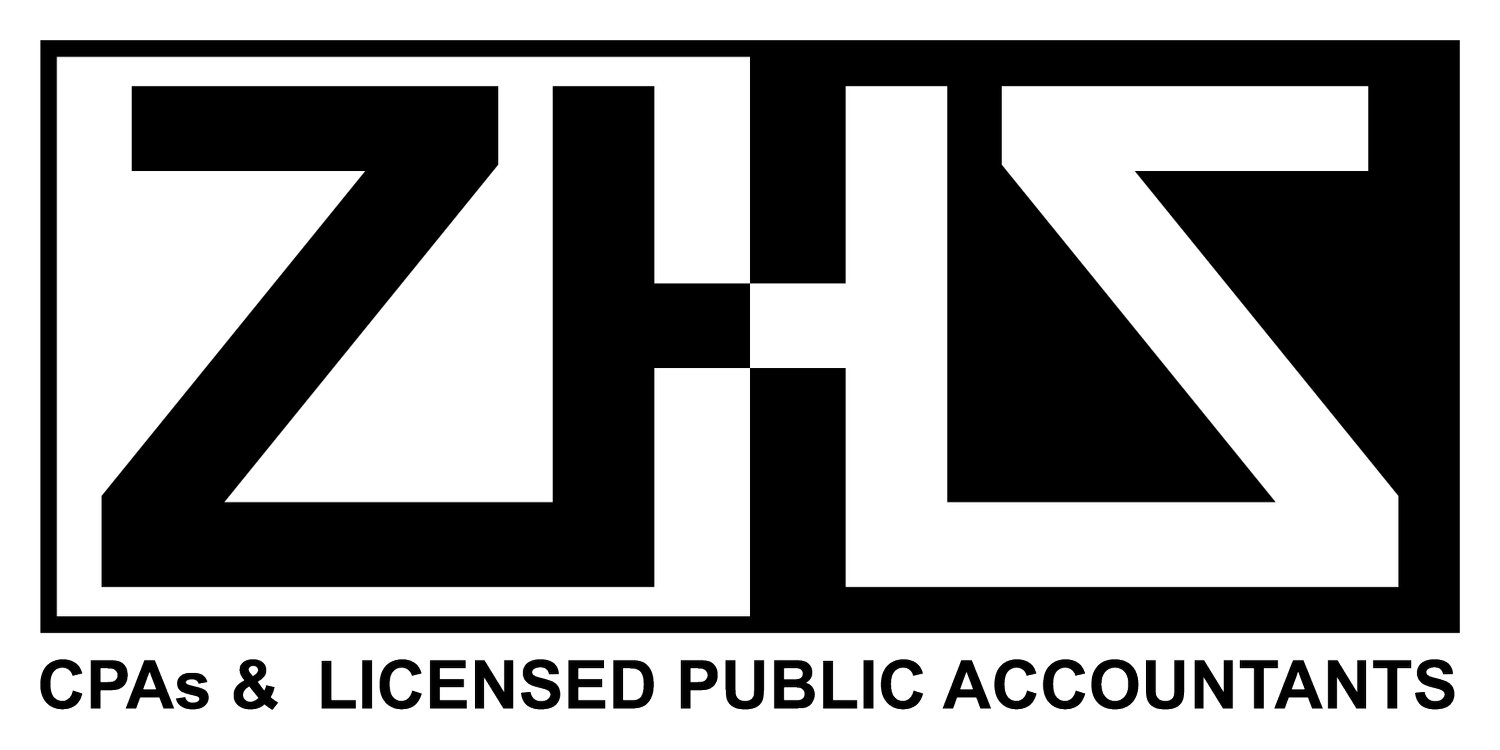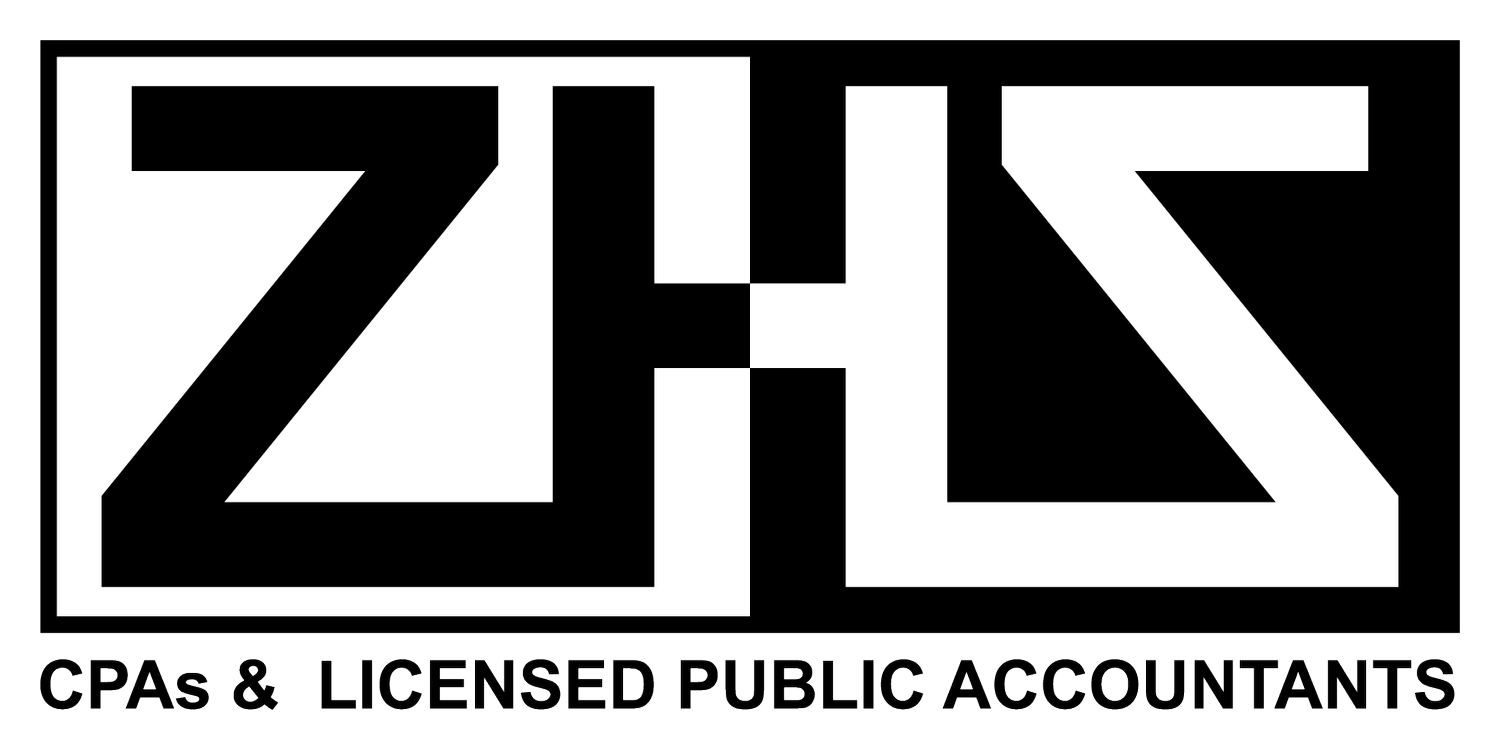Tax Technology Trends in 2023 and Beyond
The rapidly evolving accounting and taxation industry is adapting to new technology trends but you need to be proactive to stay ahead of the competition. The recent advent of generative artificial intelligence (AI) tools needs a robust response from the tax function as well. The complexity of the tax function combined with the adoption of the latest tech trends means tax professionals are becoming strategic partners.
What is Bill C-47 and What Does it Mean for Your Business?
Bill C-47 became a law after the royal assent recently and comes with several amendments for reporting and compliance obligations for taxpayers in Canada. For businesses, the extended mandatory disclosure reporting rules (MDR) require significant reporting through reportable, notifiable, and uncertain tax transaction categories.
Company Vehicle or Personal Vehicle - What are the Tax Consequences of Work Vehicles in Canada?
If your business owns vehicles and they are used for both personal and business tasks, your tax implications can be cumbersome. It’s important to understand that the personal and business use of a vehicle results in different tax implications for the employer and the employees. Let us talk you through the company vs. personal use of vehicles and its tax consequences.
What is a Shareholder Loan and What are Its Tax Consequences?
Shareholder loans are a useful method of funding a business when debt financing isn’t available. It particularly happens for businesses in the early stages. A shareholder loan comes with tax implications for the lender and the borrower. Therefore, you must understand the compliance requirements for these loans.
The Challenging Scenario of Mutual Funds Distributions and Taxes
You may get a harsh surprise when you get a tax bill from a mutual fund that lost money. It’s perfectly legal and has happened in the past too. When and where you hold investments matters a lot when it comes to managing taxes. Let’s dive in to understand how mutual fund distributions create tax liabilities for you even when you lose money.
Underused Housing Tax (UHT) - Filing Deadline is October 31, 2023
We are writing to bring to your attention the ensuing deadline of October 31, 2023, for filing the Under-utilized Housing Tax introduced by the Government of Canada and administered by Canada Revenue Agency. Penalties are not insignificant and range between $5,000 and $10,000 for not filing a return – even if you did not owe any UHT.
Licensed Public Accountants at ZHS
Many companies and businesses hire the services of these accountants because they have been certified. Whether you have some little accounting skills from high school or you’ve just learned a few things about business accounting online, you need the guidance and advice of a licensed public accountant. They’ll analyze your business based on the information you’ll give them and give your detailed feedback on what to expect in a couple of months or years.
Five tips for reducing the tax impact for your heirs
Taxes and other fees can take a big dent out of your assets when you die. So, consider using insurance and other vehicles in your estate planning.
Why should you read The Z-Book?
This book is designed to give an overview of the SR&ED Program of the Canadian Tax Credits & Refunds System to the busy executive and the business owner/manager. In order to keep the Canadian businesses competitive in the present global market, the Canadian government offers one of the most generous incentives to Canadian businesses to encourage them to engage in scientific research and experimental development (SR&ED). It is also available to foreign corporations conducting SR&ED in Canada. It is estimated that only a very small fraction of those eligible actually apply for this credit. It is also estimated that in the last fiscal year tax credits running into billions of dollars were approved, including refunds to eligible businesses. There is no upper limit set by the Government as to the amount of tax credits it is willing to give to eligible businesses with regard to SR&ED.
*Note: This book was released in 2011 and laws change over time. Seek professional advice.












